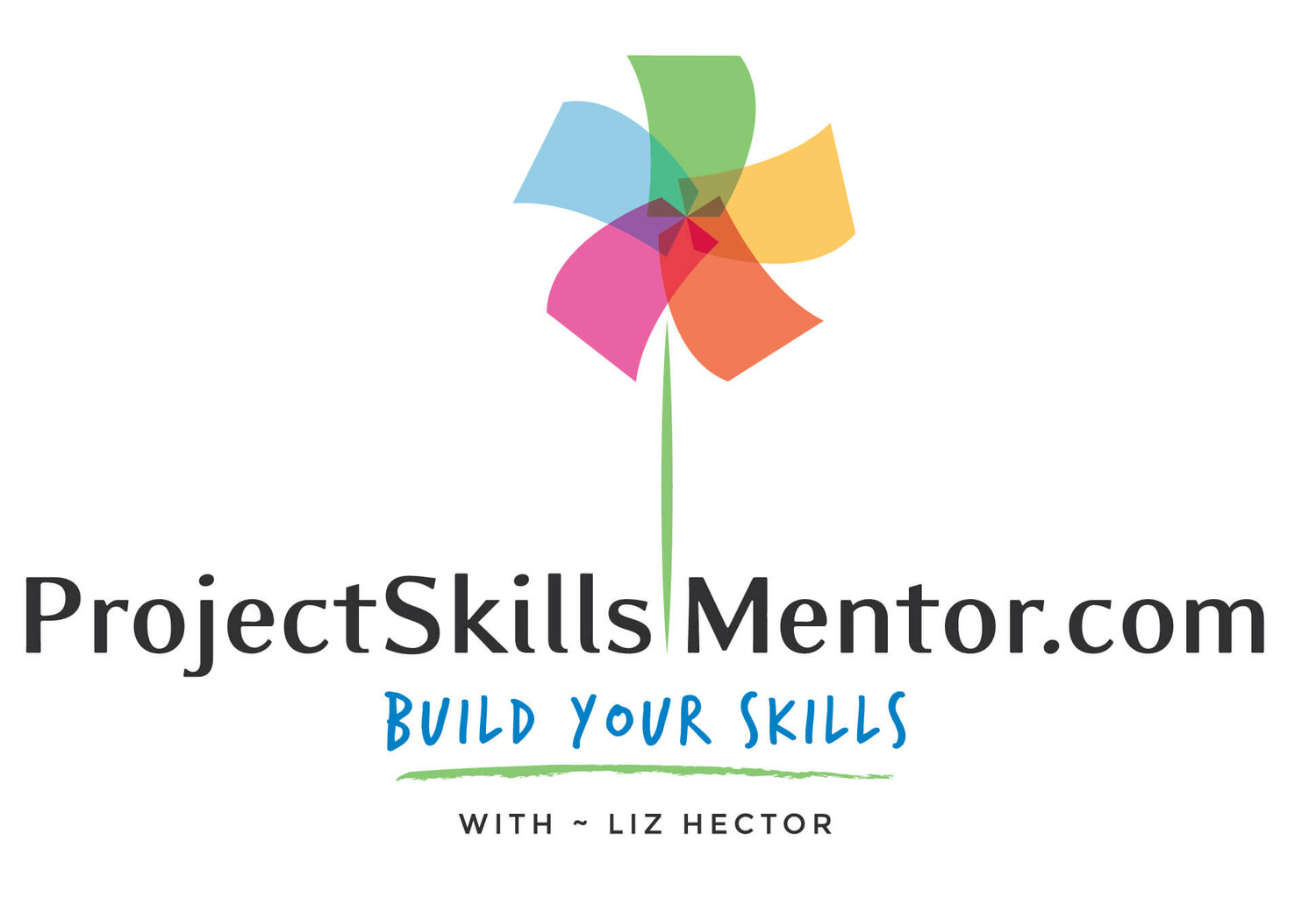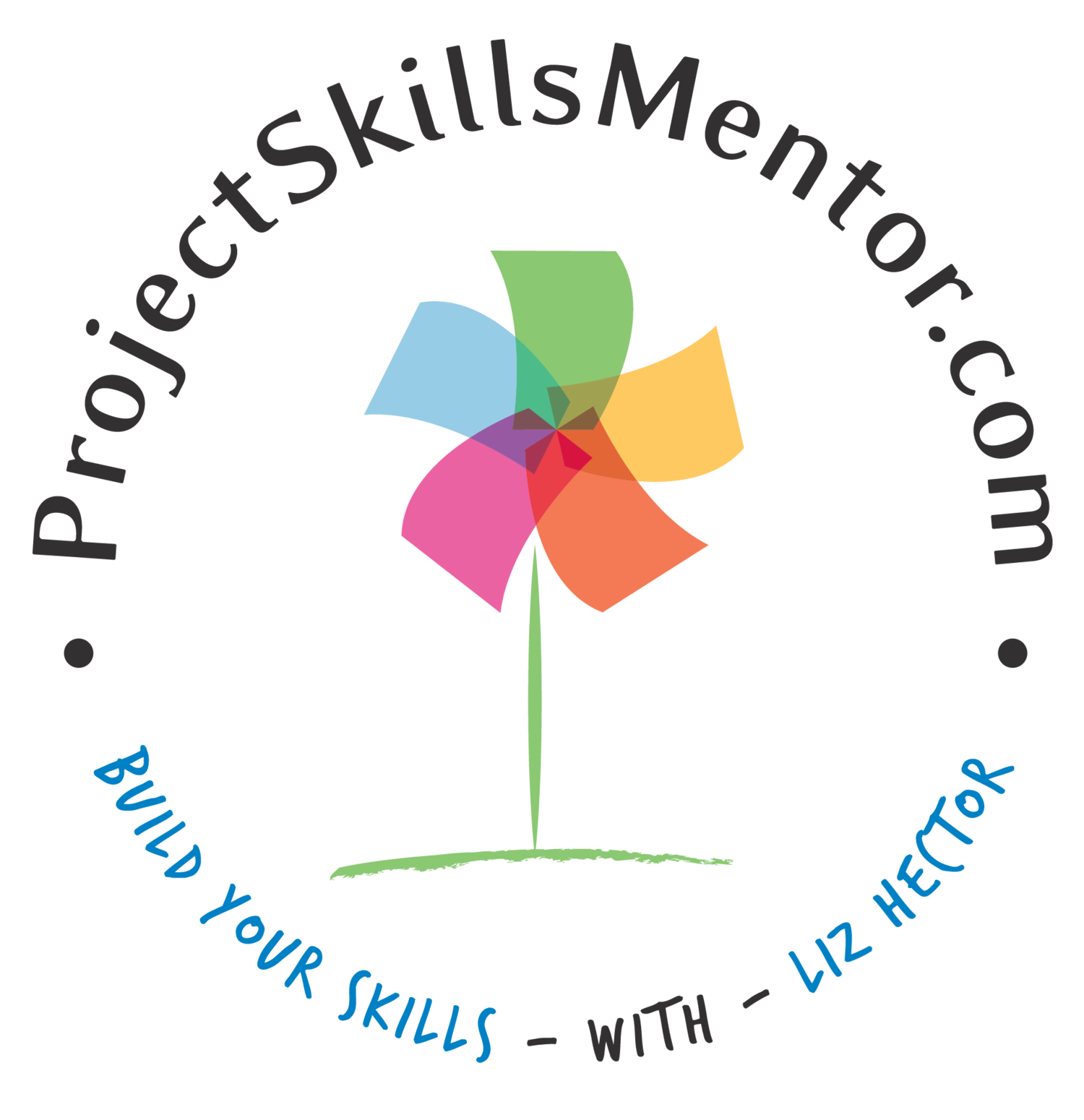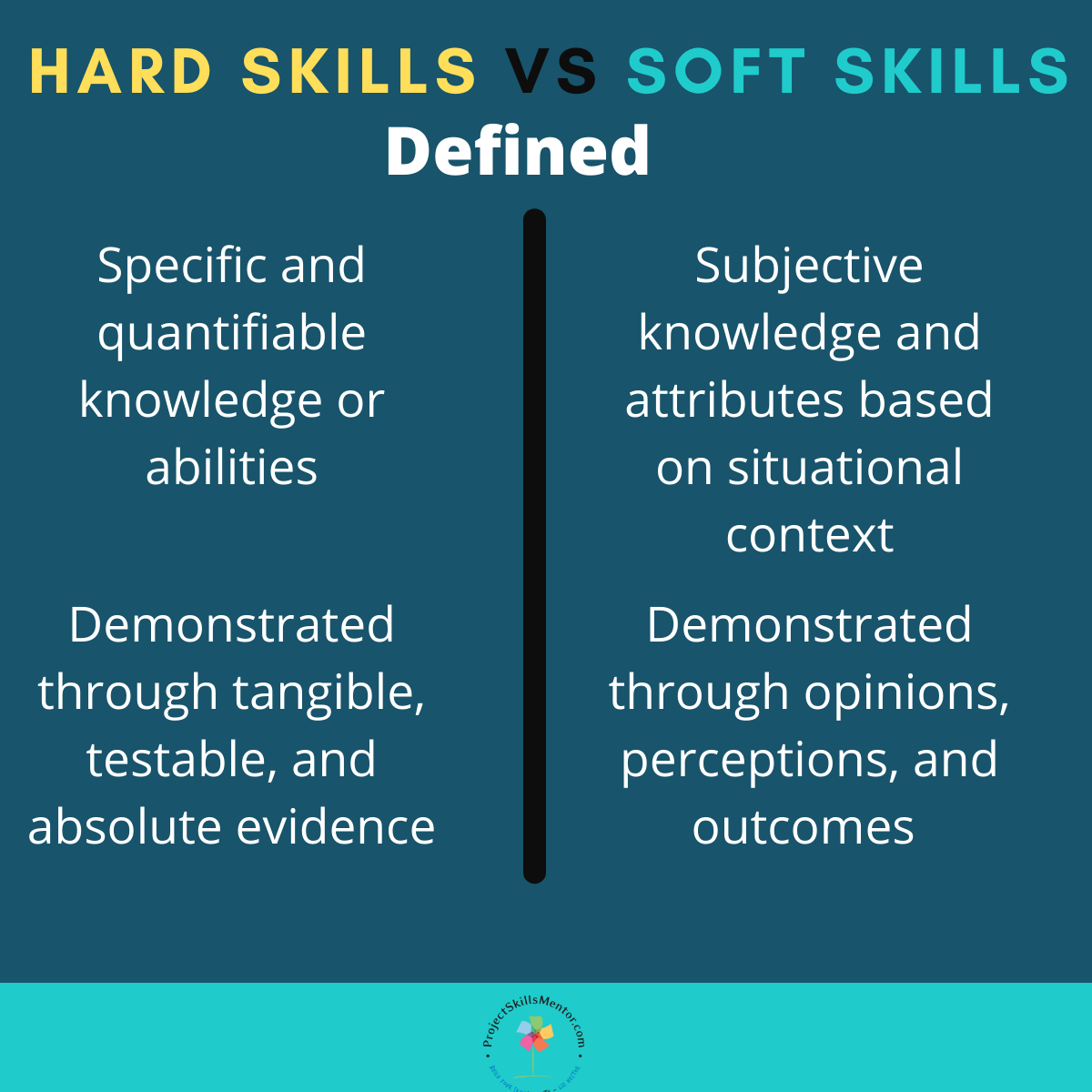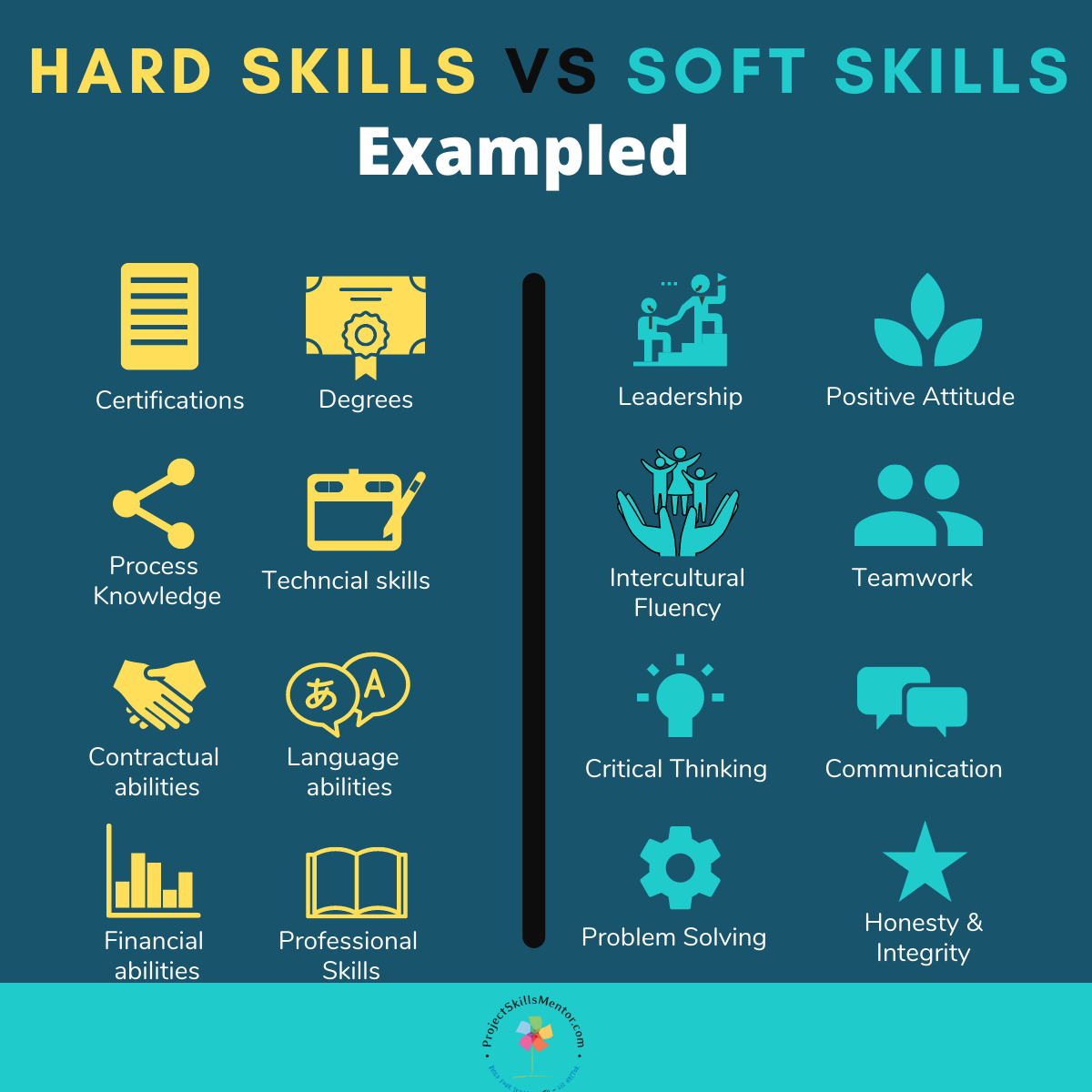How to Build your Team’s Soft Skills
Managers need to find ways to maximize the potential of their teams. Coaching staff to build their “soft skills” is a great way to do this. You may wonder how you can build your own, or your teams soft skills. If so, read on!
Coaching Soft Skills - what you need to know
What are Soft Skills
How to Coach a team member
Ways to improve your team's social dynamic
Technical abilities gained through education or apprenticeship are considered "hard skills." Where "Soft skills" relate to the abilities we have to get along in the world. These interpersonal skills are needed for success in every job, especially when teamwork is critical to outcomes. Soft skills start with self-awareness and the EQ to understand social dynamics. Managers and leaders need to develop these skills in themselves and their teams for a shot at success. How can managers Coach their team to improve soft skills?
What are soft skills?
Soft skills, also known as interpersonal skills, are desirable in all professions. These skills include:
professional and positive attitude
critical thinking
problem-solving
communication (public speaking, professional writing)
teamwork
leadership
intercultural fluency
This is in contrast to hard skills, which are specific to individual professions.
Source: Wikipedia: Soft Skills
Why are soft skills important?
Your team probably includes professionals with great technical skills. But these professionals will be limited in their ability to make connections and collaborate if they don't develop their soft skills.
“It is all about the human factor and the experience of the skilled project manager, which are crucial to providing the glue for the entire team to work and perform together in harmony. You can have the best tools, systems, and processes, but if the people do not manage to work together, you’re in for failure.”
Soft skills aren't so soft. They are the harder skills to master for most people.
These soft, interpersonal, or social skills are required for people to work as a team. And teamwork is the very nature of project work. Project work is the way most things get done in organizations today. Let’s get specific about how to Coach your staff on Soft Skills.
Coaching your Team
Team members may approach you if they feel they have a personal skill gap or have issues. Or you may approach them as part of issue resolution or staff reviews. Assess Skill Gaps against this chart and rate yourself or your staff’s proficiency 1-10.
To start the conversation:
Let your team member speak.
As you listen, assess their self-awareness.
Check for understanding of their points with open questions.
Assess if you or the team member recognizes the issue as a gap in soft skills.
Review the skill definitions and if the issue relates to single or multiple skillsets.
Also, keep in mind the personality of the staff member.
How self-aware are they?
How much can they focus on personal growth?
Growth is important, but managers need to balance skill-building with the assigned work. But note: social skill building worth doing since strong, soft skills help your team become high-performing. Learn more about high-performing teams in this video:
Keep things clear and realistic by using these 3 steps:
1. Skill Assessment
First of all, Coaching for interpersonal skills isn't like coaching for technical skills. There isn't an absolute truth. Each person needs to recognize where they're coming from to understand how they reach out to others. In doing so, they invoke their natural way of working so that interpersonal skills are sincere and legitimate. At the start of a coaching conversation, find out the team member's goals and their assessment of their soft skills.
Next, review their assessment together, and ask clarifying questions if you believe their assessment is different from what you have observed. Be kind. These are personal observations. Self-awareness may be the first goal to work toward. Either way, in the initial conversation, the team member should:
Confirm the goal
Create an action plan
Agree to the coaching meetings and way to track progress
Be mindful of who you are Coaching—an introvert or extrovert.
Coaching for extroverts might be easier because they often naturally work by reaching out to others. Extroverts might be better at presenting themselves, which is one aspect of soft skills. But they have blind spots too, such as:
listening skills
writing skills
intercultural fluency
The goal for managing extroverts might be to build empathy or teambuilding skills. Extroverts can believe those that speak are the smartest people in the room. If they feel this way, be balanced but honest to help raise their awareness.
Coaching for introverts may need a different point of view. Most introverts have the ability to think deeply and can be introspective. However, they may struggle with:
communication skills
understanding team dynamics
showing leadership
With introverts, you might want to focus on team presentations and working toward taking the lead on a task. But take it slow. You might need to think about how they process information and share it with others. It might be difficult to ask an introvert to stand in front of a team and make a speech, so take small steps.
As you start to coach staff - focus on growing from their strengths and working on weaknesses. Using this arc from strength to weakness can help your team work from the point of positivity and confidence. Doing so makes them more open and accessible to change.
2. Building skills in others
Be aware of how your emotions affect the emotions of your team during this process. It isn't easy to build new skills. Give yourself and your team grace. To change requires patience, time, and a safe space to try, to fail, and to try again.
Once your team member has identified an area, they'd like to address. Make sure they write down the aspects of the change they want to see in themselves. Once your team member has identified the skill attributes, and what success looks like, they're ready to design a plan of action.
Here’s an example of how this may work:
Let's say your Data Specialist is an introvert who wants to be a better presenter. They could start by reviewing their -
Strengths: research and conceptual frameworks
Areas to improve: presenting and storytelling
Goals to work on: communication
Action Planning:
Start by brainstorming with a small functional and technical team
Present the next data map as a storyboard to the extended team
This goal may take months to reach. But along the way, the manager coach should encourage, support, and give real feedback. This will allow the member to continuously self-evaluate and address still to work on without losing confidence in their ability to reach the goal.
This kind of Coaching does not need to take a lot of time. But if you find you need help, consider recruiting a member of your senior staff or a senior team member who is also working on coaching skills - as a way to let them work on the execution of their goal.
Use the Think, Pair, Share approach to skill-building
Use practical short term goals to help your team get started.With Think, Pair, Share, your team members can:
Take time to think about their skill building - social skills start inside your head
Then pair up with another person (working on a unrelated goal) to work on a project-related action.
After their work is complete they can share this work with the extended project team - as both project work, but also as a way to progress their skill goals.
This process allows introverts to start with think - an internal process that is a natural strength. And the extroverts to work from their natural strength, which is sharing. If they both are tasked to listen and come up with ideas from both parties, They will learn key soft skills to crossing behavioral barriers to team success. The final step, "sharing' will help both learn to listen and present as a team.
If you want to know more about leadership skills, mentoring and team behaviors, click my video playlist here.
3. Team building with a soft skill focus
Continue to build your team's soft skills during team-building sessions. Use games or brainstorming during these sessions to allow everyone to shine in their unique way. Give a platform for those working on their individual interpersonal skills to showcase them. Let staff try new things. Create an encouraging and safe space so that failure is okay and no one feels embarrassed. Put yourself out there so others can benefit from your permission to try by leading the way. Don't focus on results here. Focus on team growth.
Need some ideas for Soft Skill Teambuilding?
Daisy chain whispers. Goal: learn to listen and share.
Create a line of team member. Make sure they are ‘mixed” so they are not all ‘like with like” (technical and functional; introvert and extrovert).
Give the person on the right side of the line a message and ask them to speak or draw the message for the receiver, the person to their left.
The receiver does not speak. The receiver then becomes the messenger for the person to their left.
Continue until you come to the last individual, who then gives the message to the facilitator to read aloud.
But this isn't the end of the game. Discuss the process, discuss the problems. Laugh and learn from this. Celebrate who got the message the closest. Who mixed things up the most. A fun way to learn and let people come to their own conclusions about their skills.
Perfect square. Goal: Giving and taking direction.
Using a rope and blindfolds, have the facilitator ask each person to put on a blindfold and take hold of the rope, with the team standing in a straight line.
Then ask one of the blindfolded team members at the rope to give directions to the other members to form a perfect square with the rope.
Give each member 30 seconds of communication time until a perfect square is formed for the rest of the team.
See how many versions of this round you need to do to get to a perfect square.
Again, once the game is over, do a fun and honest assessment. Make sure this does not devolve into a 'blame game,' but the team uses discussion to gain insights into personal and team dynamics.
Improv for everyone. Goal: Teamwork.
If you've ever seen improvisation, you'll know the key to the process is a "yes" attitude. Watching improvisation shows a team in 'the flow' working together seamlessly.
Give the team a goal to build a story about your project or something else.
Without discussing the topic, the team must start with one member giving the first sentence.
Each following team member adds a sentence to what has already been said. It is best if the facilitator or a team member writes down the story as they create it.
The goal is to conclude at the last speaker with a meaningful and cohesive story. You may need to do a few rounds to complete the story depending on the size of the team.
The key rule of this exercise is that the following member can not negate sentences made by any member. Members can add nuance to sentences already given, as a way to help the story meld, but they cannot 'reverse' what has already been said.
And of course, the story should be clear to the listener. Again, this can create some fun and lighthearted laughs, but it can also show how a team can start to understand each other through a balance of listening and understanding first, then sharing their own views or story.
Keeping it engaged and positive might actually get your team into “the flow” and, if you do, celebrate that.
There is an added benefit to this game related to introverts and extroverts.
Introverts may be challenged to think less and talk more. They may find it helpful that they only need to share one sentence at a time. Since they are better listeners, they often do better than their peers.
Extroverts need to focus on listening and making their one-sentence count. But often, they find the storytelling process engaging, and they add excitement to the end result.
Coach with Enthusiasm and Patience
Remember to coach with enthusiasm. Managers who are willing to be positive throughout the process will see better results. By showing your own insecurities and growth goals you can share your own journey. This creates a environment of team of trust and respect. Helping your team to build their skills could help you grow your own skills. And a stronger team will make the project more likely to be successful.
The process takes time, but Managers who work on their team’s Soft Skills build a better team member today, and a high-performing team in the future. Make a difference beyond the current project by helping someone improve their professional success. This is the best part of being a Leader.
I hope you find this information helpful if you did, please comment below on how you use coaching to build soft skills and your team . Please share any skills you are working on, too.
As with all Leadership behaviors, balance is needed. Too much focus on relying on any one of these interpersonal skills, the more likely your method may be considered unbalanced If taken to an extreme, beneficial attributes such as listening skills can cause others to see you as in able to make decisions. This is not helpful. So, keep your skills balanced and use them in context for the situations you face.
Let me know what aspect of Coaching you find the most challenging to address, and I will try to research and address the topic in a future Blog. Do you have a mentoring and Coaching question you'd like me to answer? If so, leave a comment in the box below. Thanks for stopping by the Project Skills Mentor.
And if you want to read more on the topic, here are a few articles I found useful during my research for this article.
https://www.indeed.com/career-advice/career-development/communication-team-building-activities
https://positivepsychology.com/coaching-skills-managers-leaders/
https://www.pmi.org/learning/library/skills-underestimated-project-management-tools-5918














